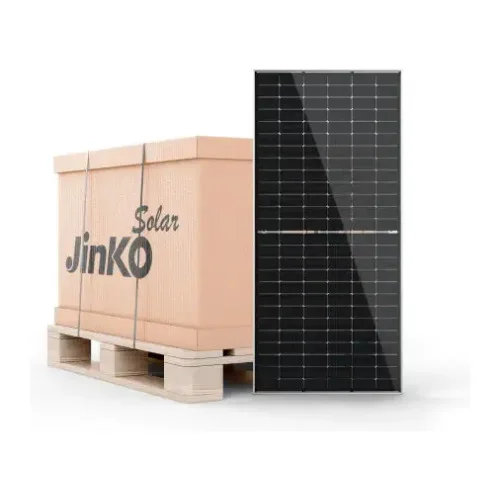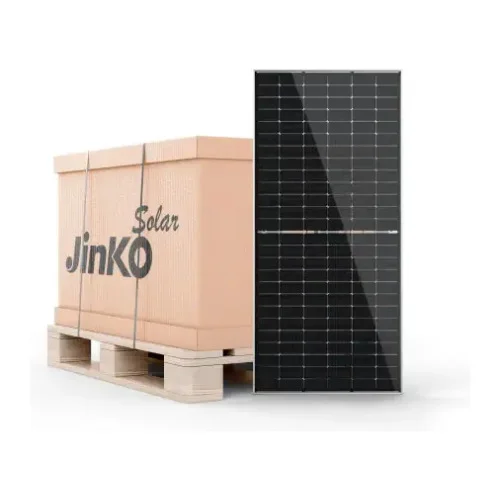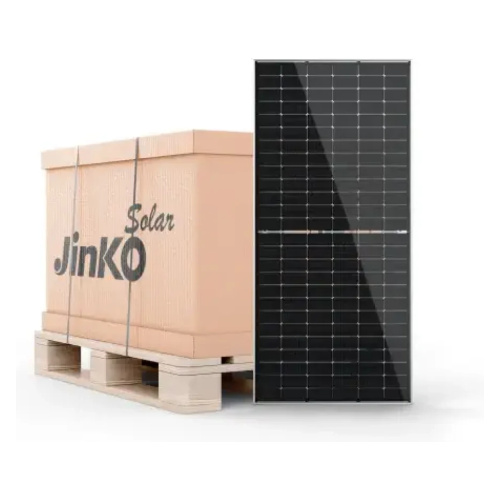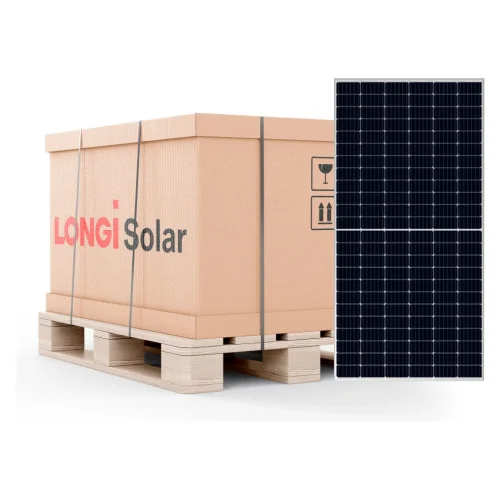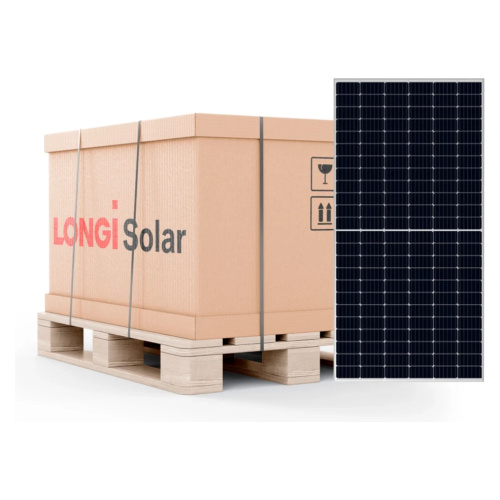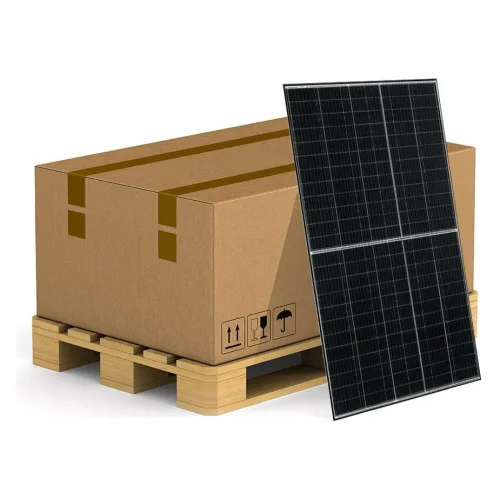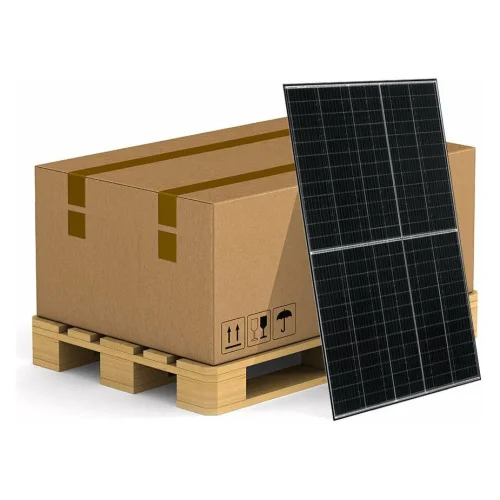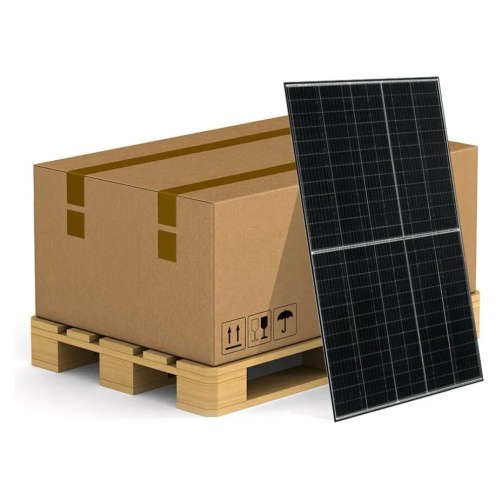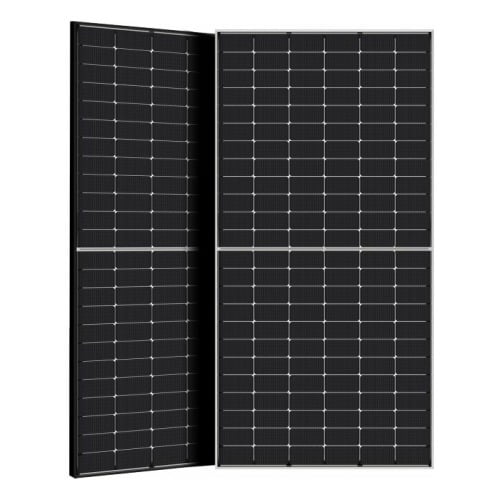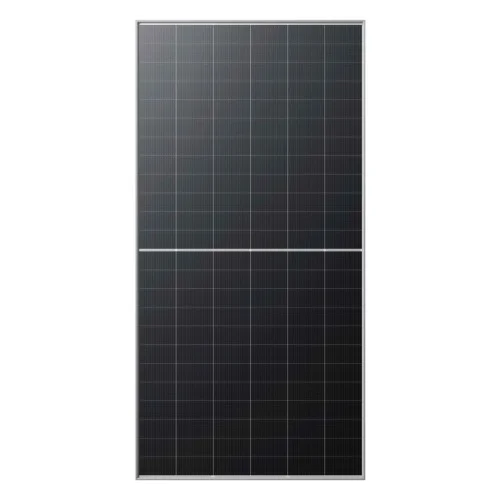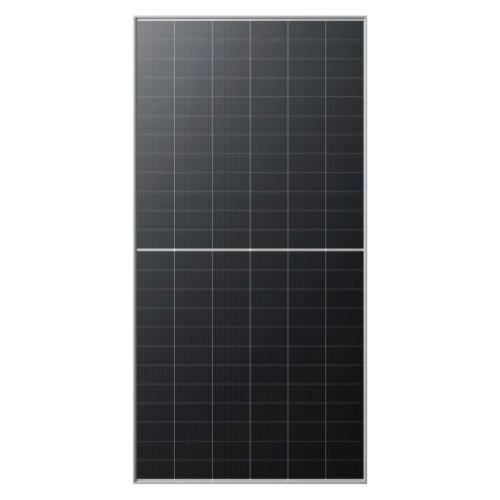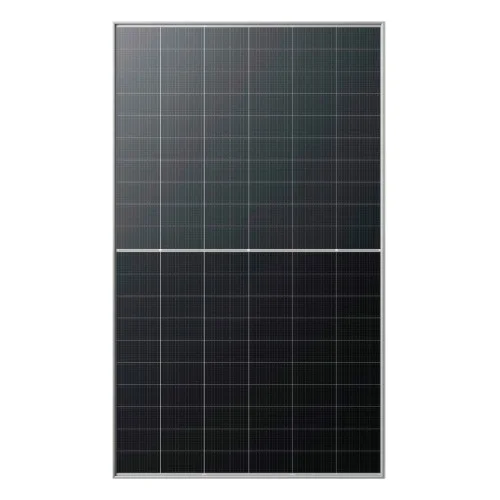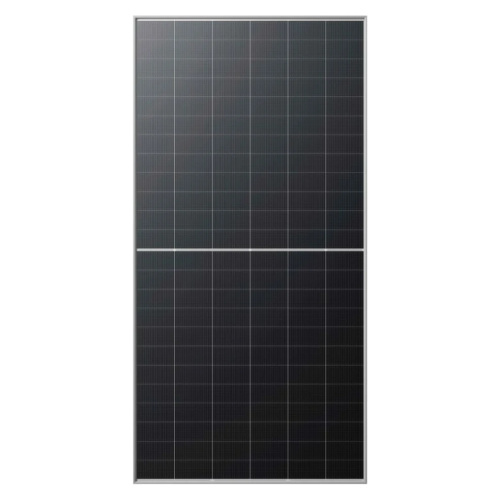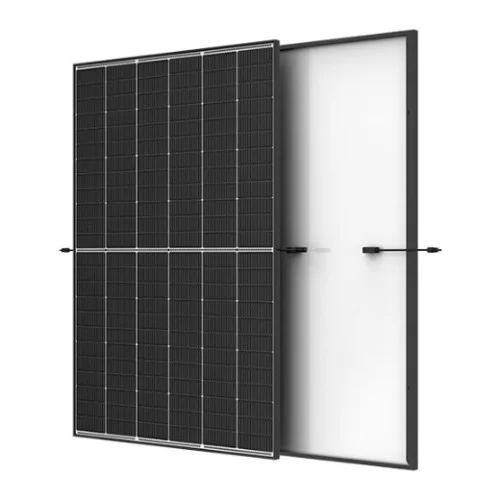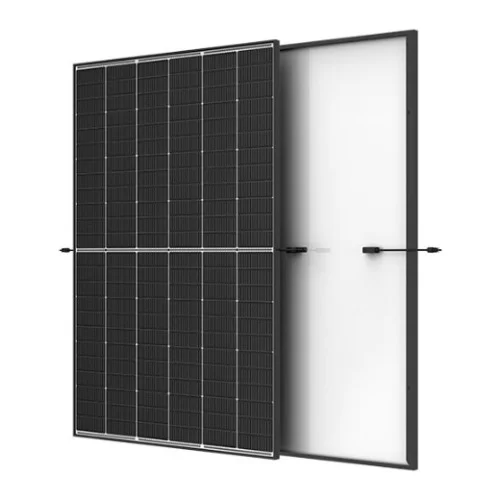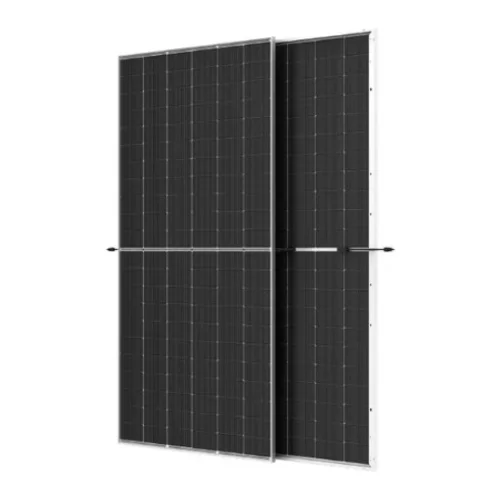- Free shipping to mainland Spain for orders over 300€.
Self-consumption solar panels
The self-consumption solar panels are the main element in any self-consumption solar panels installation, as they are ultimately responsible for generating electricity and supplying energy to the entire installation.
The size and power of the self-consumption solar panels are two of the key elements in determining which self-consumption solar panel we need.
At FVComponents.com we have self-consumption solar panels, pallets self-consumption solar panels and also kit self-consumption solar panels.
Self-consumption solar panels
The self-consumption of solar panels consists of producing your own energy through the use of solar panels for self-consumption in the same place where it is going to be consumed.
Operation of self-consumption solar panels
Solar radiation hits plates made up of a series of semiconductor materials that are responsible for transforming the energy they receive into electricity for your home. This transformation is carried out by what are known as solar cells in solar panels for self-consumption, which are small crystalline silicon or gallium arsenide cells that form self-consumption solar panels as we know them.
These solar cells are mixed with other chemical components such as phosphorus and boron, forming one set charged with negative electrons and another set with positive electrons. When the solar panels for self-consumption are exposed to the sun, the photons move the electrons, and this movement is responsible for creating the energy for solar self-consumption.
As you have already seen, the operation of self-consumption solar panels is a fairly simple process, but at the same time it provides a great benefit to those of us who have installed self-consumption solar panels.
Advantages of self-consumption solar panels
- Savings: Installing self-consumption solar panels is an investment that is recovered in a very short period of time and also provides a saving in the electricity bill from the first moment (at least 50% of your bill) that you use a self-consumption solar panel. In addition, the price of self-consumption solar panels is getting lower and lower, making it a worthwhile investment.
- Sustainability: Installing self-consumption solar panels means getting on the clean energy train, which is environmentally friendly. It also avoids the loss of energy in transport as the self-consumption solar panels are located in the same place where the energy is going to be consumed.
- The initial investment is quickly amortised: the self-consumption solar panels and the other components of the photovoltaic system are quickly amortised within 5-7 years.
- Additional benefits: the government and local councils are supporting the use of solar panels for self-consumption by means of direct subsidies and very important tax advantages. These subsidies can reach up to 40% of the price of self-consumption solar panels.
Self-consumption of solar panels is regulated by the government. It can be done individually or collectively and you can also receive compensation. Having a self-consumption solar panel in your home is a win-win situation; all self-consumption solar panels say the same thing, that they are a more than profitable investment.
Installation of self-consumption solar panels
The first thing to take into account is the price of self-consumption solar panels, which has been steadily decreasing in recent years. Now is the perfect time to have a self-consumption solar panels installation and benefit from all the advantages it brings.
You will need several solar panels for self-consumption according to your energy consumption, you must make a calculation of the number of solar panels for self-consumption so that you install the right number and that the solar panels for self-consumption generate the amount of electricity you need.
You will also need a solar panel inverter to convert the direct current generated by the self-consumption solar panels into alternating current to power the appliances in your home. You can also opt for the option of self-consumption solar panels with batteries, as having a battery for solar panels provides more energy independence as during the night and on days of lower production you will not need to pull from the electricity grid.
If you want to install batteries for self-consumption solar panels, you have two options: either you opt for the right capacity of solar panel batteries that you need for your consumption or you buy more batteries in order to take advantage of the surplus compensation.
Another option is to opt for our solar panels kit for self-consumption and we also have compatible batteries to complete your self-consumption solar panels installation.
If you have any doubts about how to install solar panels for self-consumption, please contact our team of specialised technicians at the following e-mail address [email protected]. At FVComponents.com we are always at your disposal to help you in everything you need about solar panels for home self-consumption or any other product on our website.
Self-consumption solar panels price
If you are wondering how much it costs to install solar panels for self-consumption, the price of solar panels for self-consumption is around €100 per module. For example, the LONGi 610W Hi-MOX6 Max LR7-72HTH Solar Panel costs €109.66. A self-consumption solar panel usually weighs 25-30 kg and measures more than 2m.
Modalities of self-consumption
Self-consumption without surplus
These installations require anti-spill equipment to ensure that the energy generated by the installation of self-consumption solar panels is not discharged into the grid. Its administrative processing is minimal.
Self-consumption with surplus
These are installations that at certain times send solar energy to the electricity grid, for example a house or industry without activity during the central hours of the day or whose self-consumption solar panels generate photovoltaic surpluses. Within this modality there are two important blocks:
- Mode with surpluses under compensation. In this mode, the electricity retailer compensates us in our electricity bill for the energy that we produce with our own electricity and that is fed into the grid. self-consumption solar panels. Dwellings and industries with an installed power of less than 100 kW are eligible for this modality.
- Surplus mode not covered by simplified compensation. These are the types of solar panel installations for self-consumption with a power greater than 100 kW, whose surpluses will be fed into the grid on a sale basis, not compensation. The price of the energy discharged will be the price set by the legislation for electricity generating installations.
At present, surplus production that is discharged into the grid is compensated if you have contracted the self-consumption with compensation with the electricity company.
Shared self-consumption: Installation of self-consumption solar panels
This is the model that is applied to housing blocks, industrial estates or energy communities; with just one installation of self-consumption solar panels electricity is generated for the use of several connected consumers. Self-consumption solar panels can be easily installed as there are usually large areas of land available.
In all the modalities, the price of installing self-consumption solar panels pays off as it means considerable savings from the first moment and is amortised in a short period of time.
If you are interested in one of these modalities, ask us how to install solar panels for self-consumption. In FVComponentes.com we have a team of technical specialists in photovoltaics that will advise you, send us an email to [email protected].
More and more people are joining the self-consumption solar panels so do not miss this opportunity, on the web FVComponentes.com have the best price self-consumption solar panels and we also have the best price on the market. self-consumption solar panels kit. In addition, the installation of self-consumption solar panels also has tax benefits, such as a reduction of the IBI by 50% for 3 years.

